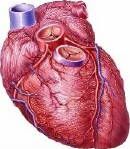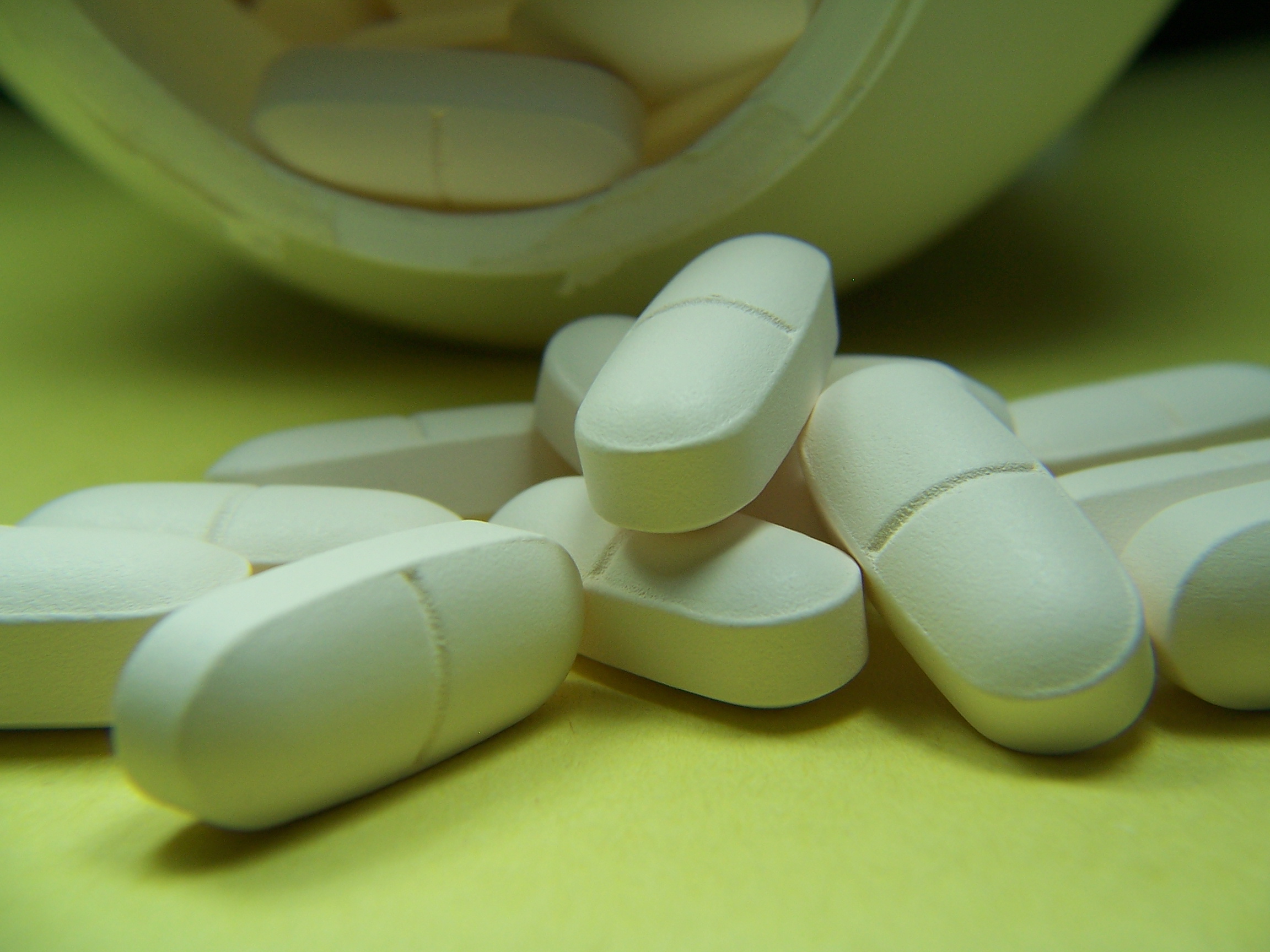
TUESDAY, Nov. 15 (HealthDay News) — Patients with cardiovascular disease who add niacin to the statin drug Zocor (simvastatin) to help lower their cholesterol get no additional clinical benefit, a new study finds.
Even though niacin appeared to increase HDL cholesterol — the good cholesterol — and decrease triglycerides, another type of fat in the blood, it did not reduce the risk of heart attack, stroke or death, the researchers found.
“The data we had previously on niacin was not very strong and mostly came from one very old study,” said Dr. Robert Giugliano, from the cardiovascular medicine division at Brigham and Women’s Hospital and Harvard Medical School in Boston, who was not involved with the study.
The report was published online Nov. 15 in the New England Journal of Medicine to coincide with the presentation of the findings at an American Heart Association meeting in Orlando, Fla.
Giugliano, who is author of an accompanying journal editorial, said the trial showed no benefit, but unexpectedly showed an increase in stroke. “Although that signal is not definite,” he said.
The trial, called the Aim-High trial, was stopped in May, 18 months early because there was no proven benefit to niacin — also known as vitamin B3 — and an increased risk of stroke.
For the study, a team led by Dr. William Boden, a professor of medicine at the University of Buffalo in New York, randomly assigned more than 3,400 patients to receive high-dose, time-released niacin or a placebo. Patients in both groups took Zocor.
During an average follow-up period of three years, 16.4 percent of patients taking niacin had a heart attack, stroke, died from heart disease, were hospitalized or needed blocked arteries opened, compared with 16.2 percent of the patients receiving a placebo, the researchers found.
However, 1.6 percent of the patients taking niacin suffered a stroke, compared with 0.9 percent of patients taking the placebo.
Giugliano noted that another, larger trial of niacin is in progress, results of which are expected in 2013.
Niacin might be useful for patients who cannot take statins, he said. “So niacin may still have a role,” he added.
However, Giugliano does not recommend patients start taking niacin. “One brand, Niaspan, sold almost $800 million worth last year. But, it’s hard to support high-volume sales for a drug that doesn’t have any good recent data to support it,” he said.
The trial was funded by the U.S. National Heart, Lung, and Blood Institute with support from Abbott Laboratories, which provided the Niaspan. Drug maker Merck Pharmaceuticals provided the Zocor.
Another expert, Dr. Gregg Fonarow, a professor of cardiology at the University of California, Los Angeles, and a spokesman for the American Heart Association, commented that “LDL-lowering with statin therapy dramatically lowers the risk of cardiovascular events in patients with established coronary heart disease.”
It has been commonly held that raising HDL and lowering triglyceride levels would be beneficial, even among patients who have achieved optimal levels with statin therapy, he said. LDL is known as “bad cholesterol.”
“AIM-High has demonstrated that among patients with established cardiovascular disease, there was no clinical benefit with the addition of extended release niacin to statin therapy despite increases in HDL and decreases in triglyceride. Further there was an unexpected increase in stroke risk with niacin,” Fonarow said.
“These findings challenge the commonly held hypothesis that HDL raising and triglyceride lowering is of benefit to patients with coronary heart disease, though further studies are needed,” he added.
Aggressive LDL-lowering with statin therapy remains the evidence-based, guideline-recommended, gold standard for benefiting patients with and at risk for cardiovascular disease, Fonarow said.
More information
For more on cardiovascular disease, visit the American Heart Association.

